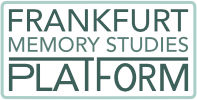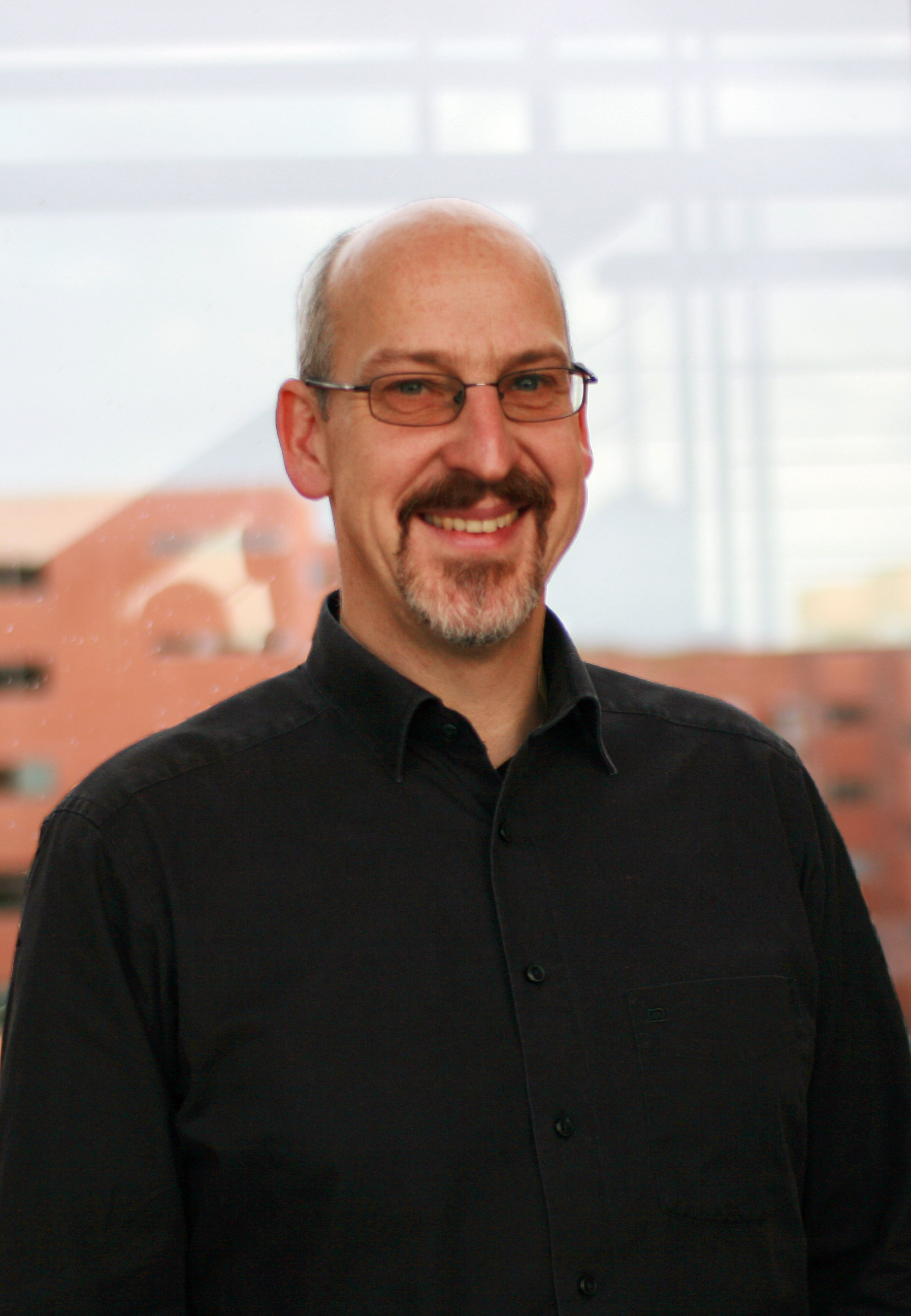Lecture: Fears, Lies, and Television: The Politics of Migration Memory in Prime Time Crime
The last of our winter lectures in the New Frontiers in Memory Studies series will take place on Thursday, 28 January. Wulf Kansteiner (Aarhus University) will be making a guest appearance to the Frankfurt Memory Studies Platform to present a lecture entitled “Fears, Lies, and Television: The Politics of Migration Memory in Prime Time Crime”. The event will take place from 12 to 2 pm at Goethe University in Cas 1.812.
Poster (PDF)
Abstract:
The media play a decisive role in framing the movement of people past and present. Some movements are deemed troublesome and challenging. They are remembered as “migrations” and cast in racist visual stereotypes. Other movements might have constituted severe challenges when they occurred but are (mis)remembered as ‘homecomings,’ ‘expulsions,’ or ‘liberations.’ The different registers for the memory of people on the move allow contemporary Western societies to cast self-images of settled stability against perceptions of alien threats. Prime-time crime is a key arena for deploying and re-negotiating these collective symbols as a closer look at the TV-series Tatort (Germany) and Law & Order (US) illustrates.
Wulf Kansteiner is Professor of History at Aarhus University. He studied at Ruhr-Universität Bochum and the University of California at Los Angeles (UCLA) where he received his PhD in 1997. Kansteiner is a cultural historian, historical theorist, and memory studies expert. His research focuses on collective memories of Nazism and the Holocaust in film and television, the narrative structures of historical writing, and the intellectual history of trauma theory. He is the author of In Pursuit of German Memory: History, Television, and Politics after Auschwitz (2006); co-editor of The Politics of Memory in Postwar Europe (2006), Historical Representation and Historical Truth (2009); Den Holocaust erzählen: Historiographie zwischen wissenschaftlicher Empirie und narrativer Kreativität (2013) and Probing the Ethics of Holocaust Culture (2016). He is also co-founder and co-editor of the Sage-Journal Memory Studies (published since 2008).



